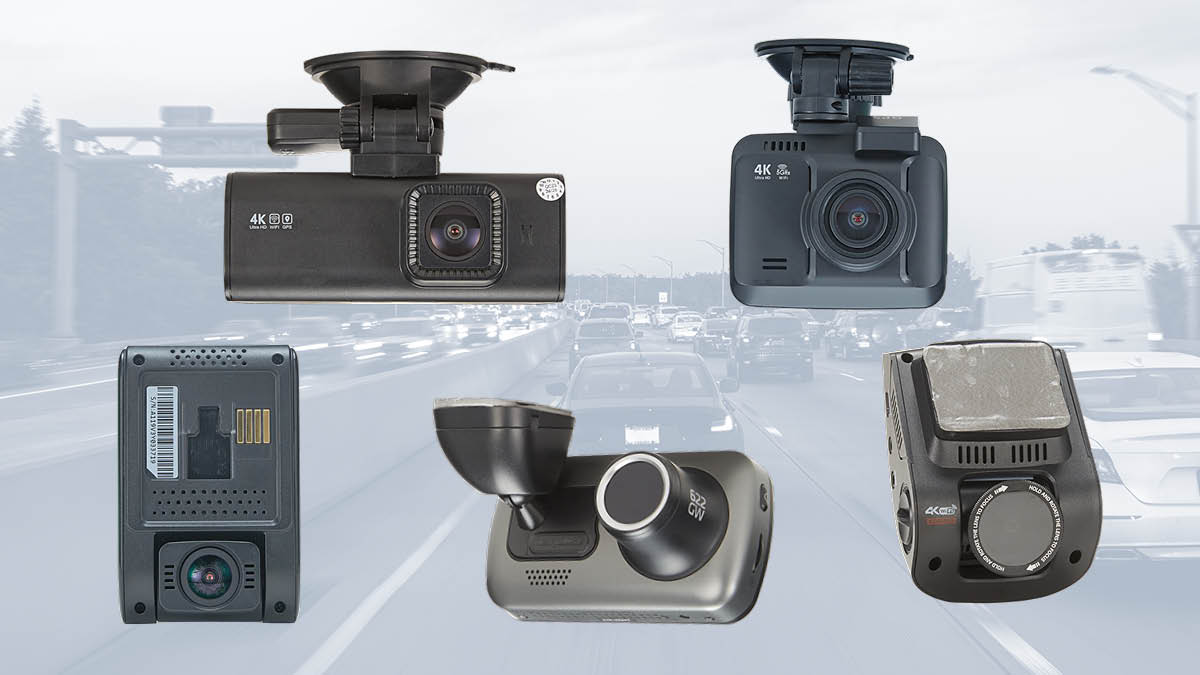
These guidelines, based on our experience shopping for a dash cam, will give you a head start and save you time (and maybe even money).
Determine your needs. In what situations do you think a dash cam would be useful? Will you need to use it at night? Do you want it to record inside the cabin?
Experiment with a free option before you invest. Use a free smartphone app to see how you’d use a dash cam in your everyday driving. You may find that the app is enough.
Don’t skimp on image resolution. A camera with 2K resolution should be your baseline for image quality.
Opt for a model that offers granular information. You’ll want data like speed and GPS coordinates baked into the video files themselves. Those details are helpful for creating a fuller picture for authorities.
Be mindful when recording audio. Some dash cams can record audio and/or video inside the car. You should check local and state laws—particularly if you’re using the cam for a business, like ride-share driving—to see whether passengers have to give permission to be recorded. Regardless of what the law says, let everyone know that their conversations could be picked up.









